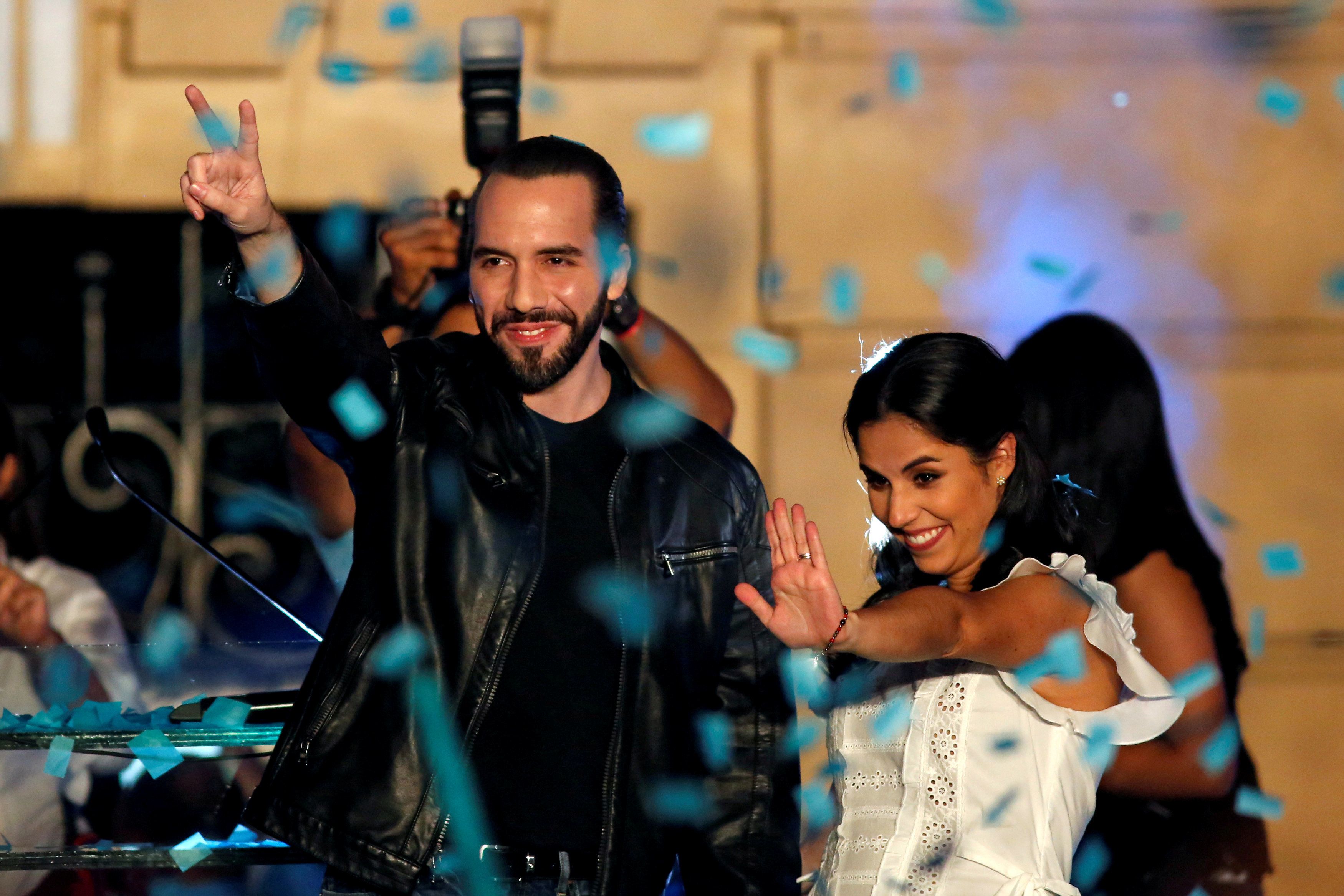Here is a sentence you have read some version of many, many times in recent years:
The candidate surged to a once-unlikely victory over his establishment opponents after a campaign in which he skillfully deployed social media, railed against traditional political parties, and pledged to stamp out corruption.
On Sunday, Salvadoran businessman Nayib Bukele, a former mayor of his country's capital, became the latest political outsider to fit this description, winning the first round of El Salvador's presidential election outright with nearly 54 percent of the vote.
His victory was a sharp rebuke to the country's two main parties – the FMLN and ARENA. They grew out of warring factions of the country's brutal civil war and have run El Salvador for more than a quarter of a century since.
The youthful Mr. Bukele, who sports a leather jacket rather than suits and ties, and who campaigned under the bold slogan "there's enough money if nobody steals," will now take control over one of the most violent countries on earth.
Nearly 70,000 Salvadorans belong to gangs, and though the murder rate has fallen in recent years, it still trails only Venezuela as the most violent country in the world's most violent region.
Bukele has pledged to stamp out graft, help the poor, and continue the crackdown on crime. If he is able to do so, it would represent a remarkable turnaround for a deeply scarred country. What's more, instability in El Salvador has affected its neighbors, contributing to northward migration flows that are the subject of such bitter political rancor in the United States.
But Mr. Bukele also has a problem that is all too common for many of today's political upstarts – his party, GANA, controls just 11 seats out of 84 in congress, meaning that in order to make good on his promises, he'll have to work with precisely the parties he railed against on the campaign trail.
Being an outsider is an increasingly good way to win elections. But as elsewhere, it remains to be seen whether Bukele can actually deliver on the outsized promises that carried him to victory.
More For You
In this episode of "ask ian," Ian Bremmer breaks down the growing rift between the US and Canada, calling it “permanent damage” to one of the world’s closest alliances.
Most Popular
30,000: The estimated death toll in Iran during the protests at the start of the year, per local health officials, underscoring the scale of the Islamic Republic’s crackdown on its own citizens.
Seventy-eight years after helping found the World Health Organization (WHO), the United States has formally withdrawn from the agency, following through on a pledge President Donald Trump made on his first day back in office.
